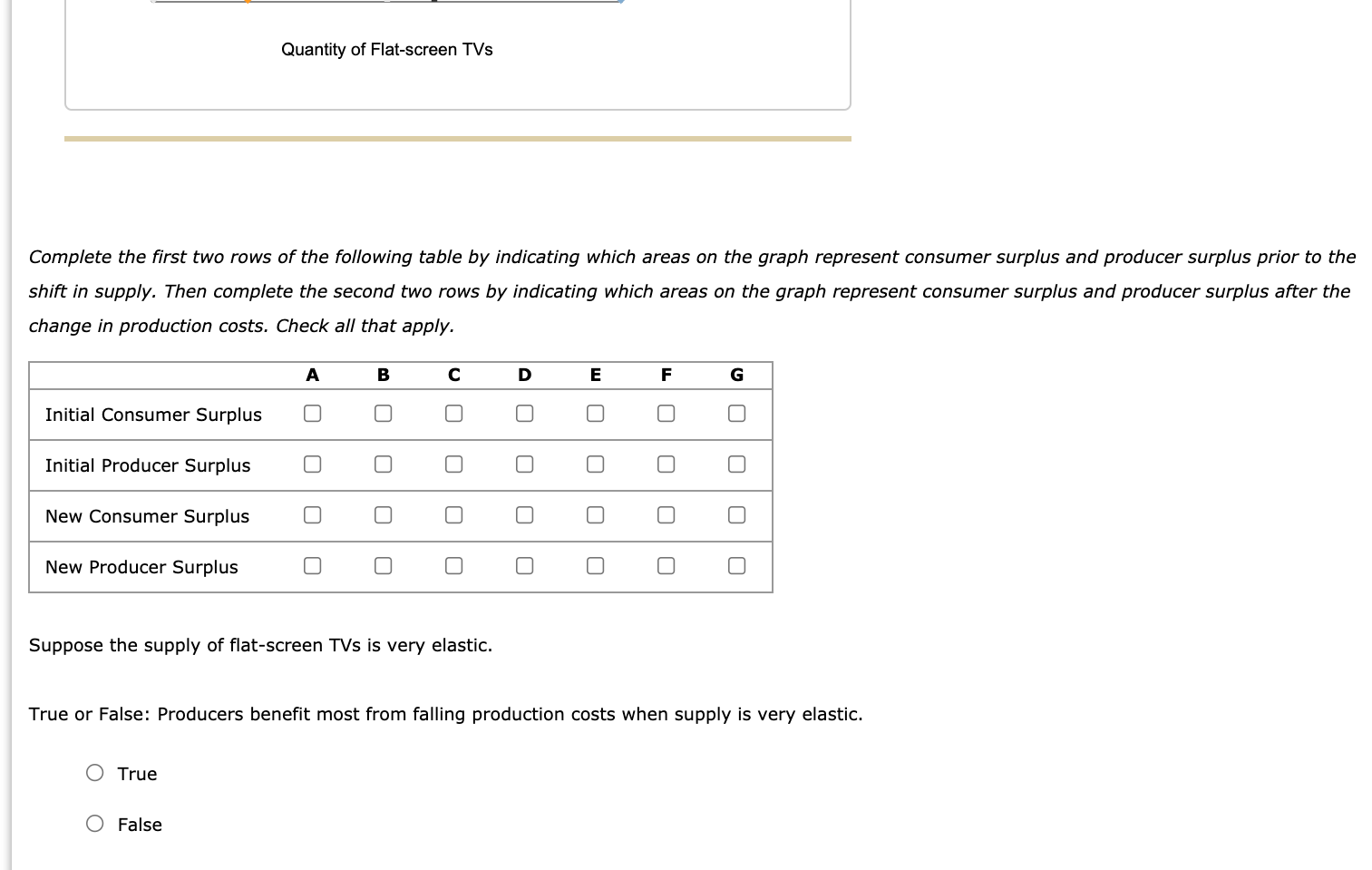The How Many Years Does A Flat Screen Tv Last article we provide is expected to provide useful information for you, all of which we have summarized well.

**How Long Does a Flat Screen TV Last?**
In the realm of digital entertainment, flat-screen TVs have ascended as the reigning champions. Their sleek designs, brilliant displays, and immersive experiences have captivated the hearts of countless viewers worldwide. But amidst the allure of these technological marvels, a lingering question arises – how long do they last?
To unravel the answer, let’s delve into the intricacies of flat-screen TVs and explore the factors that influence their longevity.
**Panel Technology: A Defining Factor**
The type of panel technology employed in a flat-screen TV plays a pivotal role in determining its lifespan. The two predominant contenders in this arena are Liquid Crystal Display (LCD) and Organic Light-Emitting Diode (OLED).
LCD panels, utilizing a liquid crystal layer, deliver sharp images and wide viewing angles. Their lifespan typically ranges from 50,000 to 70,000 hours, translating to approximately 10 to 15 years of viewing time.
OLED panels, renowned for their self-emissive pixels, boast vibrant colors and infinite contrast. However, their lifespan is slightly shorter than LCDs, averaging 20,000 to 40,000 hours, equating to 5 to 10 years of usage.
**Usage Patterns and Maintenance**
Aside from panel technology, everyday usage patterns and proper maintenance significantly impact a flat-screen TV’s longevity.
Excessive use, especially at high brightness levels, can strain the display and shorten its lifespan. Conversely, moderate usage and adherence to recommended brightness settings contribute to the TV’s well-being.
Additionally, regular cleaning and dust removal help prevent overheating and accumulation of debris, which can damage sensitive components.
**Environmental Factors**
Environmental factors can also influence a flat-screen TV’s lifespan. Exposure to extreme temperatures, humidity, or direct sunlight can hasten its deterioration.
Therefore, it’s advisable to place the TV in a well-ventilated area, free from excessive dust and moisture. By maintaining optimal environmental conditions, you can prolong its lifespan.
**Tips for Extending Flat-Screen TV Longevity**
By embracing a few simple tips, you can extend the lifespan of your flat-screen TV and enjoy optimal entertainment for years to come.
– Adjust Brightness Settings: Dimming the screen when not necessary reduces stress on the display and extends its life.
– Enable Screen Saver: Activate the screen saver feature to prevent static images from burning into the display, a common issue with OLED TVs.
– Regular Cleaning: Dust and clean the TV regularly using a soft, microfiber cloth to eliminate accumulated dust and debris.
– Avoid Extreme Environments: Protect the TV from extreme temperatures, humidity, and direct sunlight, which can damage sensitive components.
**FAQ on Flat-Screen TV Lifespan**
Q: What is the average lifespan of a flat-screen TV?
A: Typically, LCD TVs last 10-15 years, while OLED TVs have a lifespan of 5-10 years, varying based on usage and maintenance.
Q: What factors affect the lifespan of a flat-screen TV?
A: Panel technology, usage patterns, environmental factors, and proper maintenance all influence the longevity of a flat-screen TV.
Q: How can I extend the lifespan of my flat-screen TV?
A: By adjusting brightness settings, enabling a screen saver, cleaning the TV regularly, and protecting it from extreme environments, you can prolong its lifespan.
**Conclusion**
Flat-screen TVs are the gatekeepers to a world of entertainment, offering immersive experiences and captivating visuals. By understanding the factors that influence their lifespan, adopting proper maintenance habits, and implementing simple tips, you can extend the life of your flat-screen TV and savor years of cinematic bliss.
Would you like to know more about flat-screen TVs and their intricacies?

Image: www.chegg.com
Thank you for reading How Many Years Does A Flat Screen Tv Last on our site. We hope you find this article beneficial.